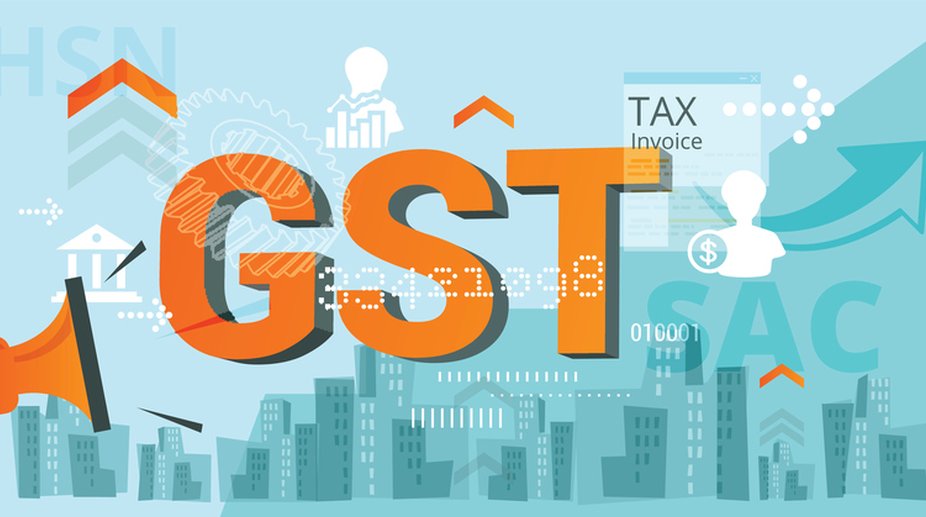In order to provide seamless movement of goods across state borders, the Goods and Service Tax (GST) Council at its 24th meeting on Saturday decided to make electronic permits compulsory for inter-state movement of goods from 1 February.
The panel of state finance ministers chaired by Union Finance Minister ArunJaitley had an urgent meeting through video conferencing to discuss implementation of e-way bill system under the GST regime. States are reported to have raised concerns about tax evasion under GST in the absence of a proper e-way bill system, resulting in the hurriedly called meeting which was earlier supposed to be held in January.
Advertisement
The e-way bill system, which will be available on a trial basis for voluntary adoption by businesses from 16 January, will also help the tax authorities to monitor cross-border movement of consignments and check instances of under-valuation of goods. States have time till 1 June to implement the national e-way bill system for intra-state goods movement. The Council wants the system to cover the entire movement of goods ~ within and across states ~ from June.
The meeting comes after the sharp decline in GST revenue to `83,346 crore for October, the lowest since the 1 July rollout of the indirect tax. Also, October’s GST revenue recorded a decline of Rs 12,000 crore from the `95,131 crore collected for the preceding month. The rules governing the compulsory implementation of the e-way bill system across India for inter-state movement of goods will be notified on 1 February 2018. During the 22nd monthly GST Council meeting in October, Jaitley had declared that the e-way bill be introduced across India in a staggered manner from 1 January 2018 and the document will be made compulsory by 1 April 2018.
“Till such time as national e-way bill is ready, states were authorised to continue their own separate e-way bill systems. However, it was represented by the trade and transporters that this is causing undue hardship in inter-state movement of goods and therefore, bringing in an early all India system of e-way bill has become a necessity,” the Finance Ministry said in a statement.
An e-way bill is required for movement of goods worth more than `50,000. Under the GST regime, transporters will have to procure e-way bill from the GST Network portal when hauling goods worth more than `50,000, within or outside a state. Provisions regarding the e-way bill were finalised in August. However, experts feels that the limit of `50, 000 is also very low and would lead to a large requirement for e-way bill generation adding to pressures on the IT backbone.
To generate an e-way bill, the supplier and transporter will have to enter details of the haul in the GSTN portal. This will create a unique e-way bill number which will be sent to the supplier, transporter and the receiver. The e-way bill thus generated will be valid for a period of 15 days, with one day of travelling for 100 km and 15 days for more than 1,000 km transit.











